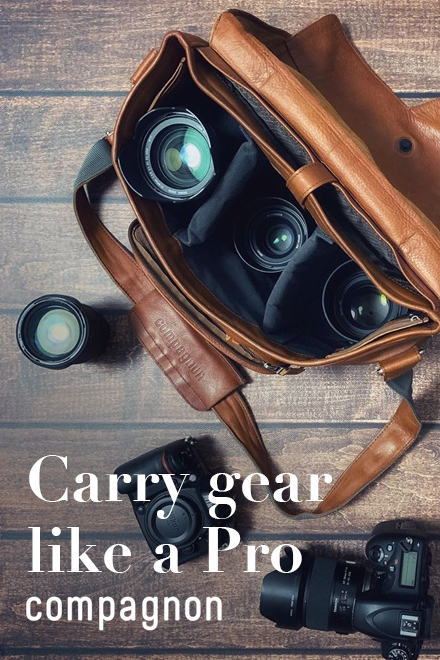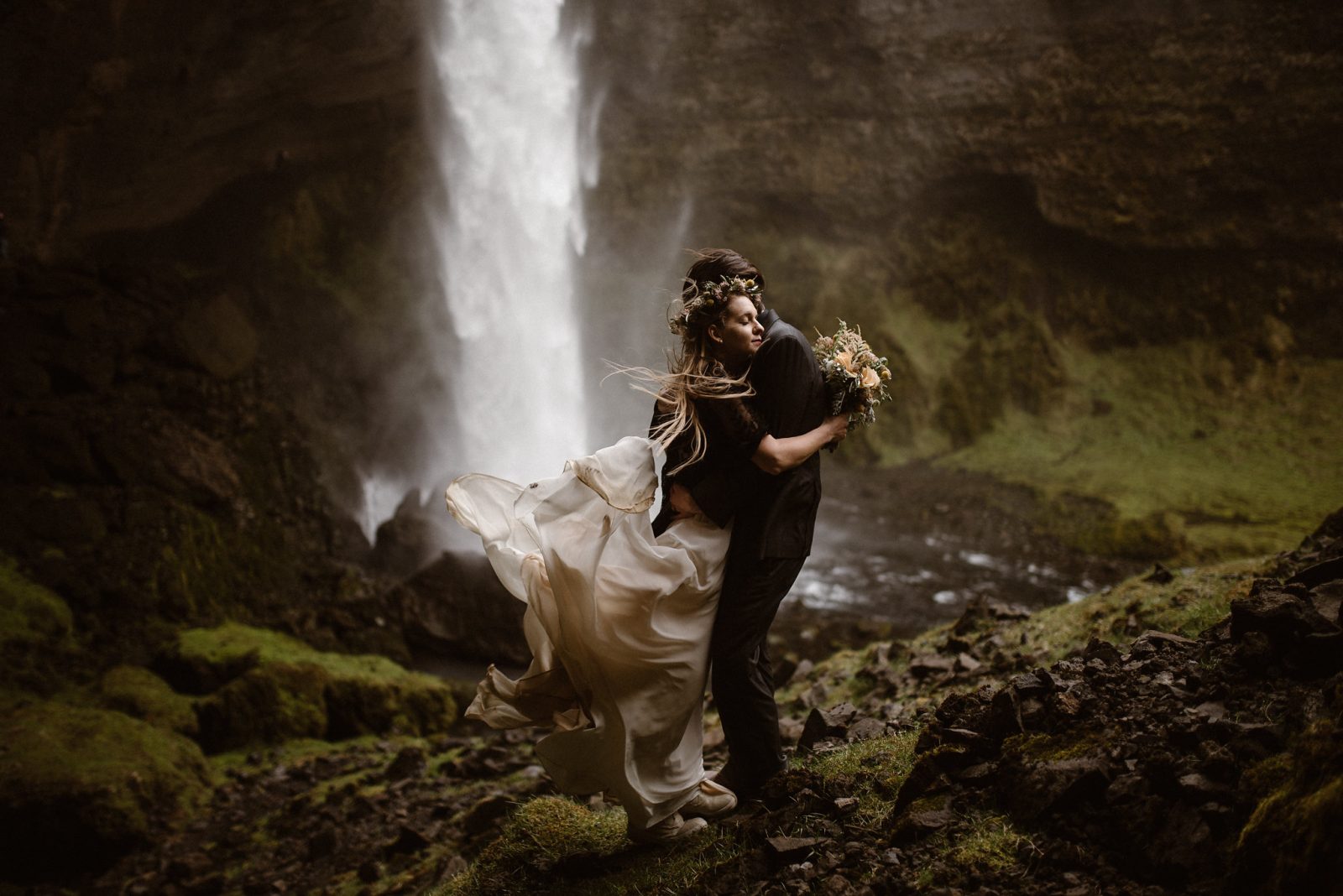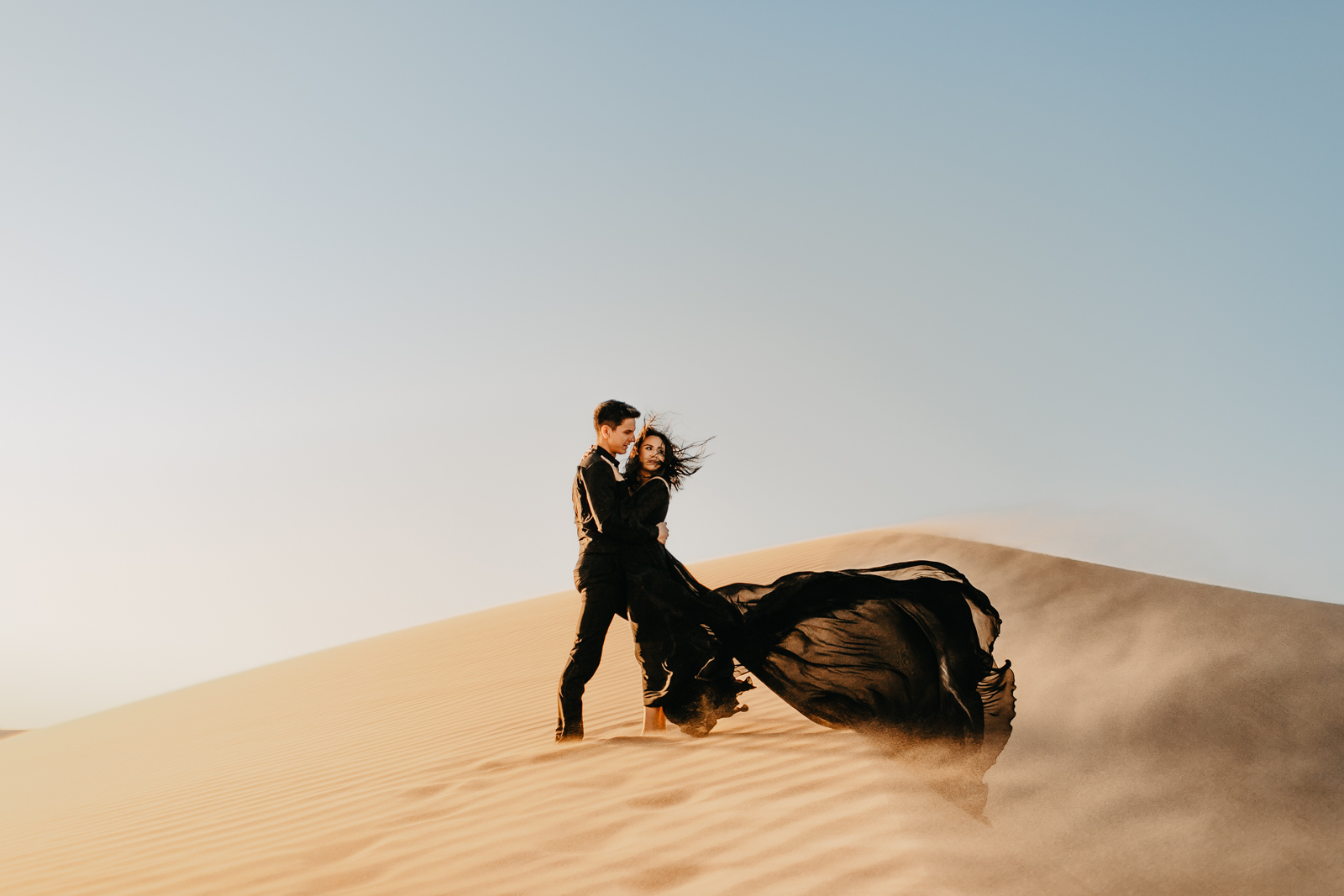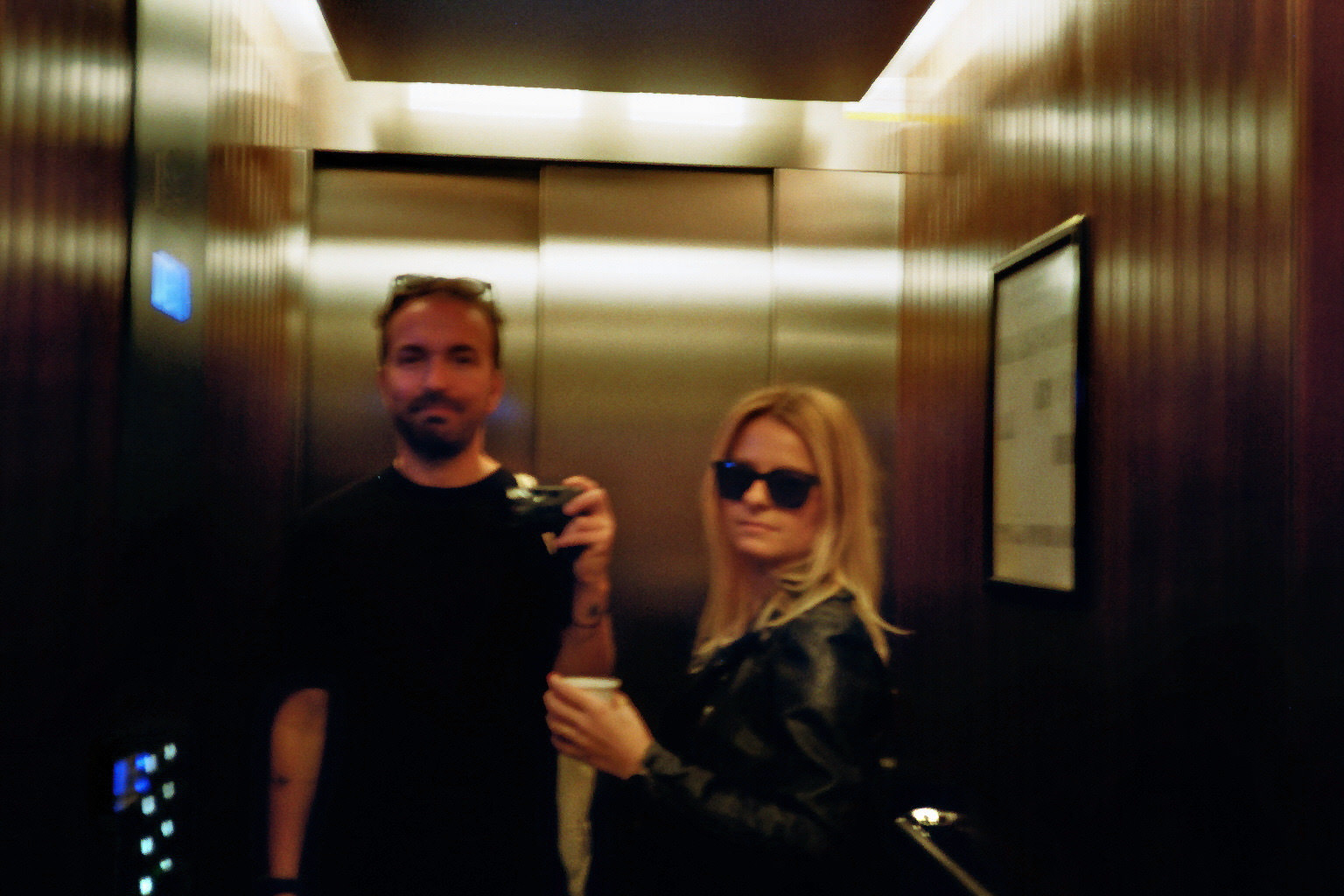One thing is clear: the “perfect” camera system is hard to find. Especially because it means something different for everyone. Some people swear by their SLR camera with 35 mm sensor and for others the equipment is only “perfect” if it is as small and handy as possible. Photographers who travel a lot for their customers, for example, attach importance to the fact that their equipment fits into the airlines’ carry-on baggage compartments. Others don’t care at all about the size and weight of the equipment, as they are travelling with a suitcase anyway and may even have an assistant with them.
Before buying a new camera or changing from one system to another, you should answer a few questions honestly. If you have the luxury of not being tied to a system by the purchase of many lenses, you should leave out the manufacturer names completely and only consider at first: What does the camera really have to be capable of? In which area should it perform best?
Advantages of DSLR
SLR cameras – these are the big black boxes that sometimes look a bit antiquated. In terms of functionality, such as an eye autofocus, the DSLM has long overtaken the classic models. Will the classic DSLR be obsolete sooner or later? It’s not quite that far yet. Many wedding photographers still rely on their SLR camera. There are various reasons for this.
Firstly, DSLRs have a good size that fits some photographer’s hands better than a compact Sony Alpha 7R III, for example. This point shouldn’t be underestimated, since as a photographer, you have to reckon with the fact that you only take pictures with one hand while holding a reflector with the other or directing people.
Another important aspect is the optical viewfinder. Mirrorless system cameras work with an electronic viewfinder image, which undoubtedly has its advantages and immediately shows the photographer all settings live. However, electronic viewfinders reveal weaknesses in decreasing light. There may be color noise in the viewfinder, which not every photographer likes in available-light photography. And of course, classic cameras also save a lot of power with their traditional viewfinder.
Advantages of DSLM
After Sony was able to claim the full format class for DSLMs alone for a long time, Canon, Nikon and Panasonic have followed in the meantime. With the Canon EOS R and the Nikon models Z 6 and Z 7, the DSLR placehorses have made strong debuts. The image quality is at top level, eye autofocus and more is standard. In addition, the mirrorless models focus more accurately, especially in poor lighting conditions. And, except for Canon, they are all image-stabilized – Canon on the other hand offers a rotating and swivelling display.
Nevertheless, many wedding photographers were critical of the new models, as all three cameras work with only one card slot and therefore lack the possibility for a parallel backup. The criticism is justified – on the other hand, there used to be only “one” film in the camera. Two card slots offer Panasonic’s first 35mm DSLMs Lumix S1 and S1R. In addition, there is a double image stabilization and, for the first time in a 35mm DSLM, video recording in 4K with 60p.
Manufacturer
Currently only Canon and Nikon are manufacturers of suitable SLR models, here the Canon 5D Mark IV, the 6D Mark II and the Nikons D850 and 750 are recommended. By far the most lenses are available for these established camera systems, also and especially from suppliers such as Sigma or Tamron.
Among the mirrorless ones, Sony, Panasonic, Fujifilm and Olympus also join the top dogs. Full-frame fans can only reach for Canon, Nikon or Sony, which score with adapter solutions and therefore many lenses. But also Fujifilm and Panasonic/Olympus have a huge lens lineups and are much cheaper.
Recommendation: Try both systems in a store and see what you like better. Objectively, however, the trend is clear: the future of wedding photography is mirrorless.














